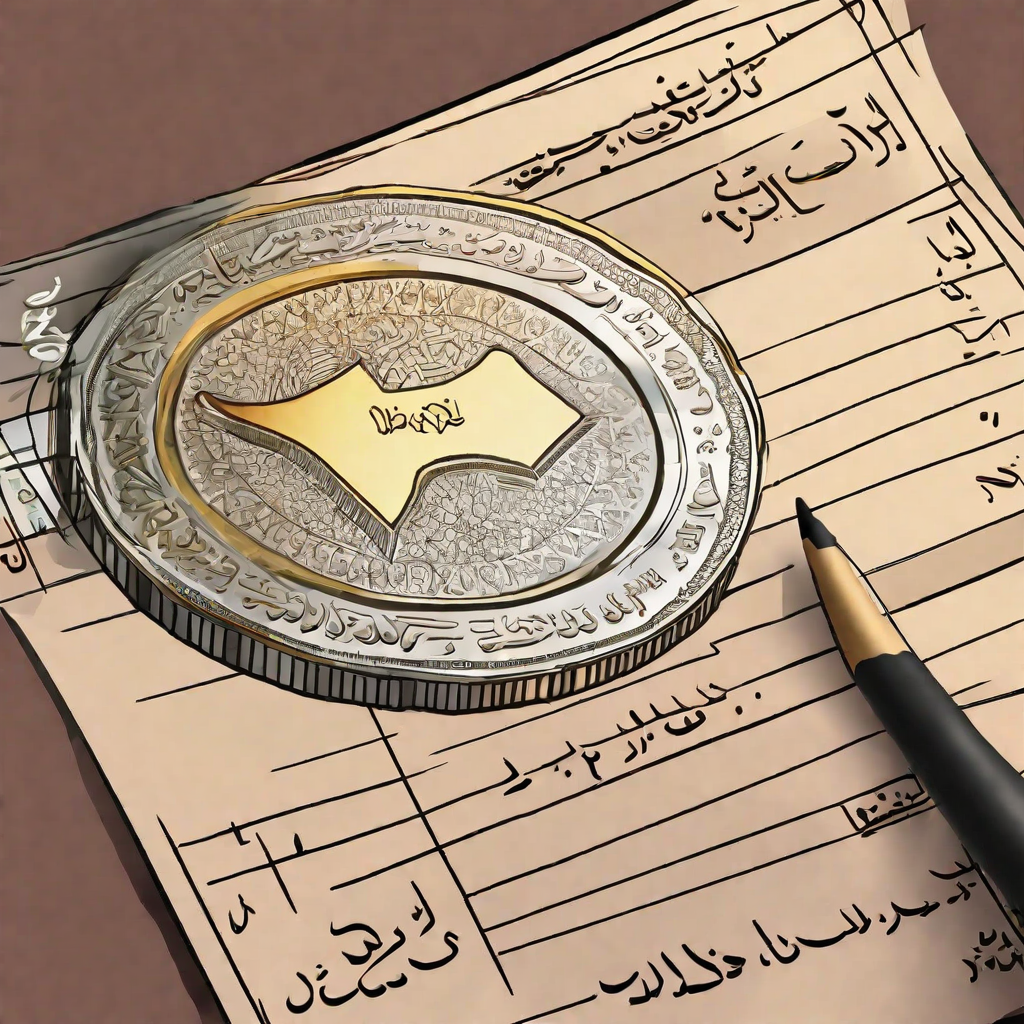
The Kuwaiti Dinar (KWD) holds the esteemed title of being the highest-valued currency in the world. This unique status has piqued the curiosity of many, prompting questions about the factors behind its valuation and the consequences of its exchange rate against the dollar on oil prices. In this essay, we will explore the reasons behind the Kuwaiti Dinar’s prominence, examine the implications of its exchange rate on oil prices, and shed light on the economic dynamics that contribute to Kuwait’s position in the global financial landscape.
One of the primary reasons for the Kuwaiti Dinar’s high valuation is the country’s significant oil reserves. Kuwait, situated in the heart of the oil-rich Arabian Peninsula, possesses vast hydrocarbon resources. The nation’s oil industry plays a vital role in its economy, contributing a substantial portion of its GDP and government revenues. As a result, the stability and profitability of the oil sector have a direct impact on the value of the Kuwaiti Dinar.
The value of the Kuwaiti Dinar is also influenced by the country’s prudent economic policies. Kuwait has maintained a strong fiscal discipline, characterized by prudent management of its oil wealth and a commitment to diversifying its economy. The government has established a sovereign wealth fund, the Kuwait Investment Authority, which invests surplus oil revenues in various global assets. This approach has helped Kuwait mitigate the volatility of oil prices and create a robust financial cushion, bolstering confidence in the stability of the currency.
Furthermore, the exchange rate of the Kuwaiti Dinar against the US dollar is fixed, meaning that it is pegged to the dollar at a specific rate. This pegging mechanism, established in 2003, ensures stability and predictability in Kuwait’s economy. The fixed exchange rate provides a reliable benchmark for trade and investment, which encourages foreign businesses and investors to engage with Kuwait. However, it is important to note that the pegged exchange rate also exposes Kuwait to external economic shocks, particularly fluctuations in the value of the US dollar.
The consequences of the Kuwaiti Dinar’s exchange rate against the dollar on oil prices are nuanced. Firstly, the high valuation of the Kuwaiti Dinar relative to the dollar makes oil exports more expensive for international buyers. Since oil is priced in US dollars globally, a strong Kuwaiti Dinar means that buyers need to spend more of their currency to purchase a barrel of Kuwaiti oil. This can potentially impact the competitiveness of Kuwaiti oil in the global market.
On the other hand, a strong currency also has its advantages. It allows Kuwait to import goods and services at a relatively lower cost, benefiting the country’s domestic consumption and supporting its economic diversification efforts. Additionally, a high-valued currency enhances the purchasing power of Kuwaiti citizens when they travel abroad or engage in international transactions.
It is crucial to recognize that oil prices are influenced by a myriad of factors beyond the exchange rate of the Kuwaiti Dinar. Global supply and demand dynamics, geopolitical tensions, and economic policies of major oil-producing countries all play significant roles in shaping oil prices. The relationship between the Kuwaiti Dinar’s exchange rate and oil prices is complex and interconnected, requiring a comprehensive analysis of the broader global energy market.
In conclusion, the Kuwaiti Dinar’s status as the highest-valued currency in the world is a testament to Kuwait’s economic strength, driven by its significant oil reserves and prudent financial management. The fixed exchange rate against the US dollar provides stability and predictability, contributing to Kuwait’s attractiveness for trade and investment. However, the consequences of this exchange rate on oil prices are multifaceted, impacting both the competitiveness of Kuwaiti oil and the purchasing power of its citizens. To understand the dynamics of the global oil market, it is essential to consider a wide range of factors beyond the exchange rate of the Kuwaiti Dinar.
Additional Information Cited From: https://www.quora.com/Why-is-Kuwaiti-Dinar-the-highest-valued-currency-in-the-world-and-what-at-the-consequences-of-this-exchange-rate-vs-the-dollar-on-oil-prices
